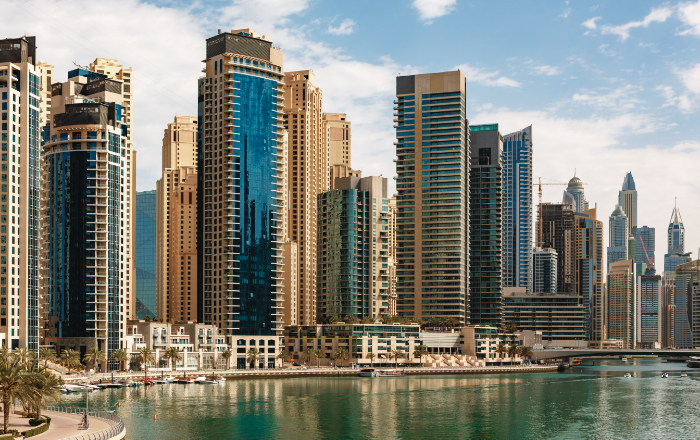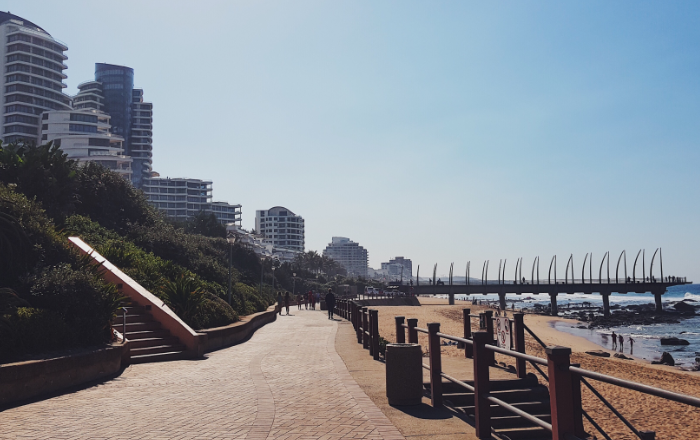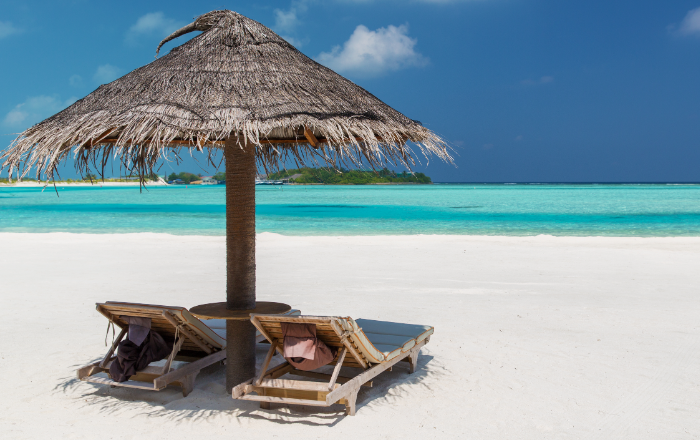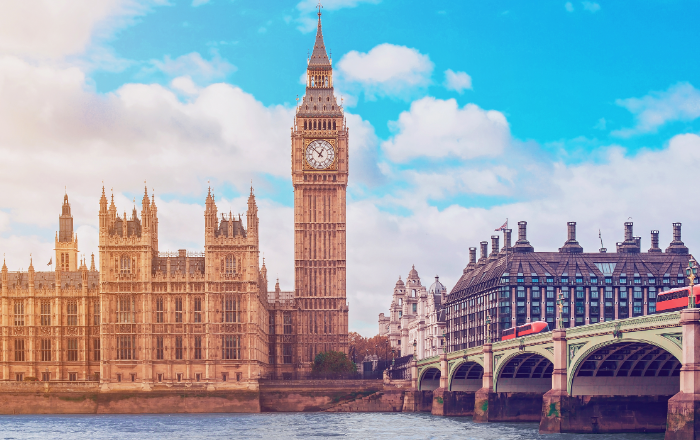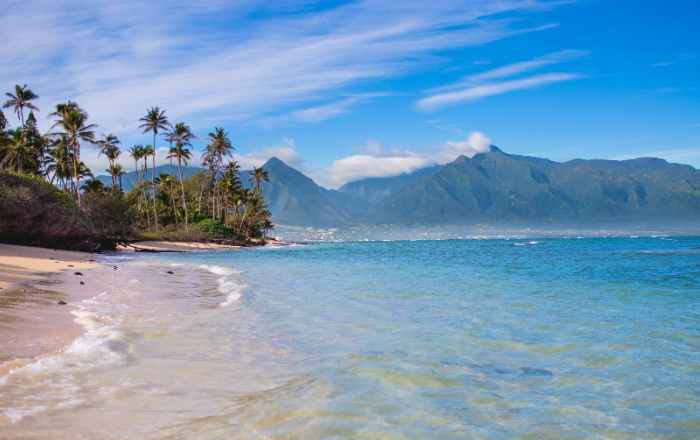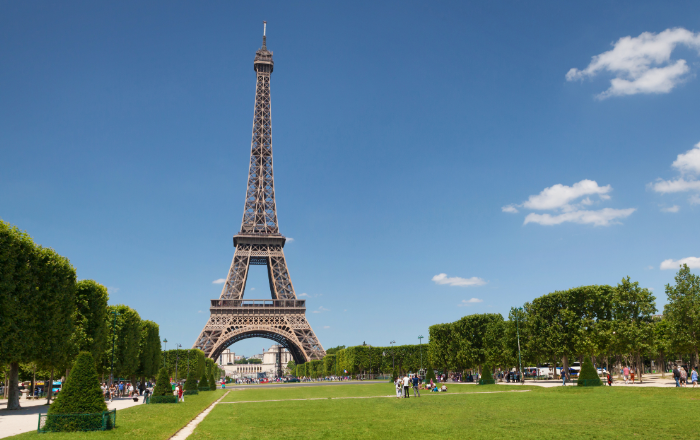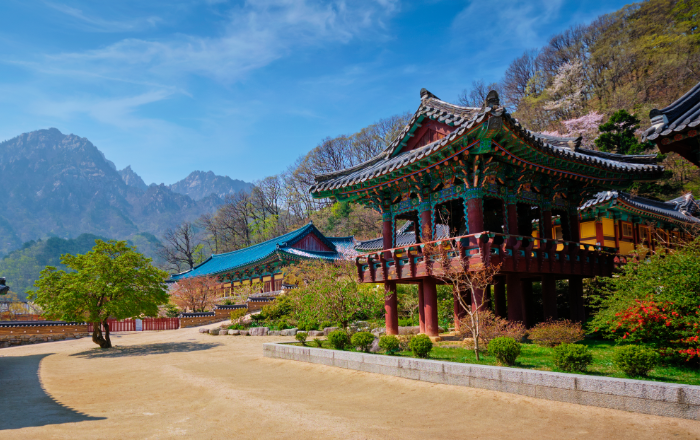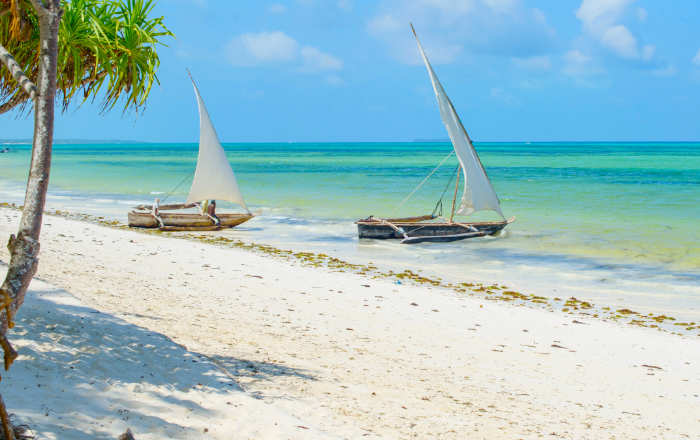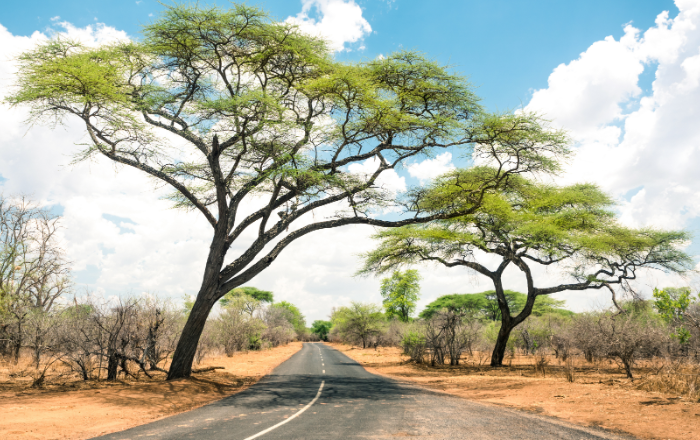Flight tickets from Kimberley to Sokch'o
Welcome to South Korea - a dynamic country full of captivating natural beauty and rich culture. This vibrant nation is renowned for its impressive technological advancements, incredible cuisine, and splendid landscapes. From its lush forests and majestic mountaintops, to its buzzing cities and mesmerizing beaches, South Korea has something to offer everyone. Discover the traditional customs and modern innovations of this unique land as we explore its unique history, culture and attractions.
Getting to Know South Korea
South Korea is a country located in East Asia, spanning an area of 38,621 sq. miles and with a population of 51,450,854 inhabitants at the 2019 census. This population is spread throughout 17 named administrative divisions and the capital city, Seoul, is the largest city with a population of 10,600,000 people. The currency used in South Korea is the South Koreanwon (KRW). The time zone in South Korea is called Korean Standard Time, and is nine hours ahead of Greenwich Mean Time (GMT+9). The two official languages spoken in South Korea are Korean and English, with Korean being the national language and English as the second language. Other languages spoken in South Korea include Chinese, Japanese, and various regional dialects.
Climate and Weather
South Korea has a temperate climate. Along the west coast and southern regions it is generally mild year round. In summer temperatures range from 68-86F, and in winter 28-45F. The warmer southern part of the country experiences higher levels of precipitation and more frequent typhoons. The eastern part of the country has cold, dry winters, and is influenced by the Siberian High. Temperatures range between -2F and 18F in the winter months. Summers are cooler than those experienced in the west and the average temperature is 72F. Snowfall is common in the northern city of Gangneung and the eastern province of Gyeonggi-do during winter. However, it isn't always heavy and snow rarely stays on the ground. Overall, South Korea has mild temperatures throughout the year and experiences high levels of precipitation. Typhoons in the warmer, southern part of the country are a common occurrence.
Touring South Korea: Airport and Transportation
According to Airports Council International (ACI), there are 25 airports in South Korea managed by the Airports Corporation of Korea (ACK). The main airports are Incheon International Airport (ICN), Gimhae International Airport (PUS), and Daegu International Airport (TAE). To get from the airport to downtown in South Korea, the most convenient way is to take the airport shuttle bus. Tickets usually cost around 15,000 KRW ($13.50 USD) for Incheon Intl Airport and 9,000 KRW ($7.90 USD) for other airports. Another option is to take a taxi but the price is higher, around 30,000 KRW ($26.00 USD). Yes, you can change money at South Korea airport. Money-exchange counters can be found at the arrival hall of most South Korean airports.
Exploring the Rich History and Culture of South Korea
- South Korea's history and culture dates back over 5,000 years and is greatly influenced by Confucianism, Buddhism and Taoism
- The South Korean cuisine is a blend of traditional and modern Korean dishes, with a variety of spices and flavours
- There are many cultural festivals throughout the year for tourists to experience, such as the Boryeong Mud Festival, the Dano Festival and the Daegu Lantern Festival
Q&As for booking flights from Kimberley to South Korea
How long is the flight from Kimberley to South Korea?
The flight from Kimberley to South Korea takes about 18 hours.
How far is the flight from Kimberley to South Korea?
The flight from Kimberley to South Korea is approximately 11 hours and 30 minutes.
Which airlines fly direct from Kimberley to South Korea?
At this time, there are no airlines that fly direct from Kimberley to South Korea.
How many airports are there in South Korea and what are their official names.
There are five airports in South Korea. They are Gimpo International Airport, Incheon International Airport, Jeju International Airport, Cheongju International Airport, and Yangyang International Airport.
How many flights are there a week from Kimberley to South Korea?
There are two flights a week from Kimberley to South Korea.
When is the cheapest time to buy a ticket from Kimberley to South Korea?
The cheapest time to buy a ticket from Kimberley to South Korea is around mid-September to mid-October.
How can i get from the main airport to downtown in South Korea and how much does it cost?
It costs about $10USD and you can take the airport bus.
